A child’s future development starts in their early years as they acquire key skills that are vital for their health and success. These skills, called life skills, enable them to face challenges and support their personal growth. Let us explore why life skills are important for preschoolers, a list of essential life skills, and how they contribute to personal development.
The Importance of Life Skills
Life skills are important as they help children connect with their surroundings, handle their feelings, and build good relationships. These skills go beyond academics. They include abilities that help kids grow into mature persons.
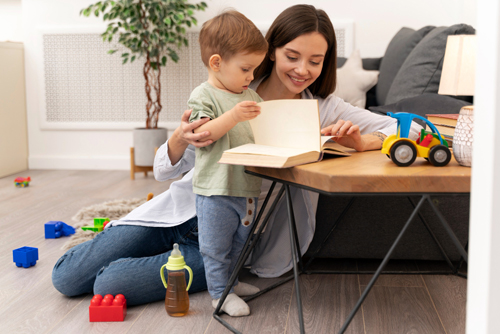
Promoting independence is one of the key factors that help children overall. When children learn to do things by themselves, for instance getting dressed or cleaning up their toys, they feel proud and self-sufficient. This independence boosts their confidence and self-esteem, which are crucial for their development.
Additionally, life skills teach children the ways to solve problems. When they take part in activities that need thinking and making choices, they learn to deal with difficulties and find answers. This ability is very important as it gets them ready for the challenges of adult life.
Life Skills List – Essentials
Below is a list of essential life skills that every preschool child should develop.
- Communication Skills:
- Social Skills:
- Self-Care Skills:
- Emotional Regulation:
- Problem-Solving Skills:
- Time Management:
- Safety Awareness:
- Responsibility:
The ability to express thoughts and feelings clearly and listen to others is fundamental. This includes both verbal and non-verbal communication.
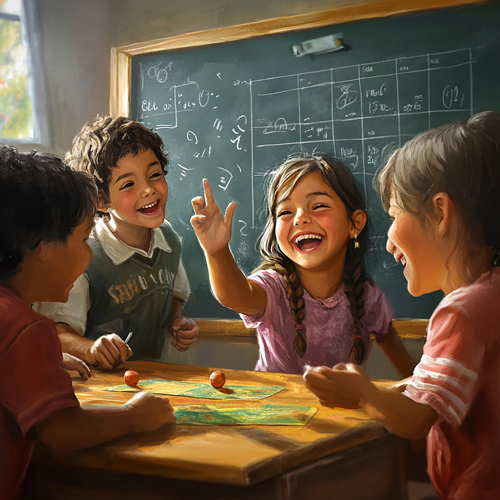
Learning to interact with peers, share, take turns, and resolve conflicts in a friendly manner, are key social skills that children need to develop.
Basic self-care tasks such as brushing teeth, washing hands, and dressing independently are important for personal hygiene.
Managing emotions is crucial for mental health. Children should learn to identify their feelings and develop strategies to regulate them.
Performing activities that need critical thinking helps kids learn how to solve problems and make choices.
Basic activities such as sticking to a schedule and understanding the idea of time will help children handle their daily tasks well.
Knowing basic safety rules, like checking for cars before crossing the street, is important for a child’s safety.
Giving kids chores that suit their age teaches them responsibility and shows them how important it is to help out at home.
Life Skills Essential for Personal Growth – Reasons
Understanding the importance of life skills helps us see their true value. Personal growth means improving one’s abilities and potential, which leads to a better lifestyle.
- Build Confidence:
- Enhance Social Interactions:
- Foster Independence:
- Develop Resilience:
- Encourage Critical Thinking:
- Promote Emotional Health:
- Prepare for the Future:
Learning life skills helps children feel accomplished and increases their confidence. This confidence is important for facing new challenges and working towards their goals.
Skills like talking and understanding others help kids develop better relationships. Having positive social interactions is important for their emotional health and personal development.
When kids start doing things on their own, they feel independent. This independence is important for their confidence and desire to discover and learn.
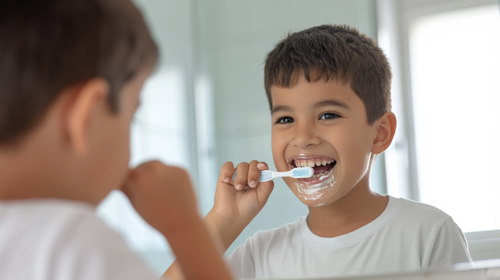
Life skills help children cope with setbacks and challenges. Resilience is the ability to bounce back from difficulties, and it is a key component of personal growth.
Engaging in problem-solving activities stimulates critical thinking and decision-making skills. These cognitive abilities are essential for navigating life’s complexities.
Understanding and managing emotions is vital for mental health. Life skills such as emotional regulation and stress management contribute to overall well-being.
Life skills prepare children for future roles and responsibilities. Whether in school, work, or personal life, these skills are the foundation for success.
Practical Ways to Teach Life Skills
Teaching life skills to preschool children can be both fun and educational. Here are some practical ways to incorporate life skills into daily activities.
- Role-Playing:
- Interactive Games:
- Routine and Structure:
- Positive Reinforcement:
Engage children in role-playing scenarios that mimic real-life situations. This helps them practice communication, problem-solving, and social skills.
Use games that require teamwork, critical thinking, and motor skills. Games like building blocks are excellent for developing various life skills.
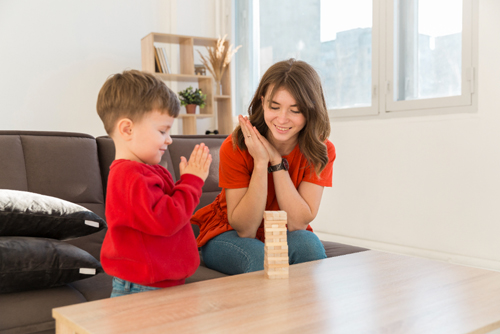
Create a daily schedule that includes time for taking care of yourself, having fun, and learning new things. Sticking to a routine helps kids see how important it is to manage their time and stay organized.
Support and cheer for kids when they show life skills. Giving positive feedback helps build their confidence and inspires them to keep using these skills.
Conclusion
Life skills are important for preschool children as they form the base for personal development and future success. The above-mentioned essential life skills can guide adults in nurturing these important abilities in young ones. By focusing on teaching life skills, we are setting our children up for a better and more successful future.
Teachers at Mother’s Pet Kindergarten understand the value of these skills and include them in everyday routines, to help children grow into confident and capable individuals.
For more such informative/interesting blogs, Visit Mother’s Pet Kindergarten.


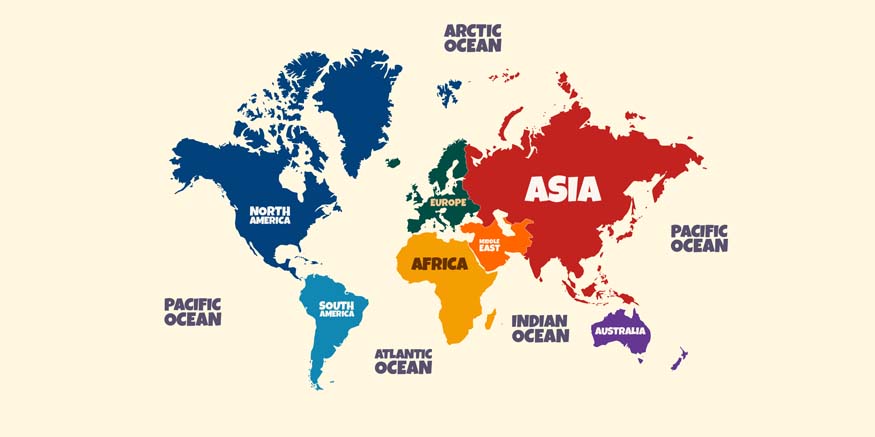

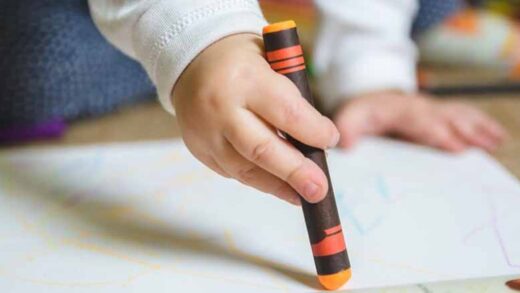
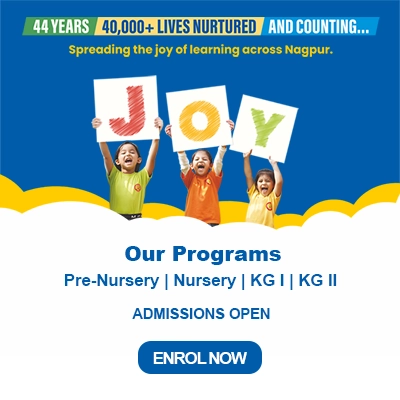

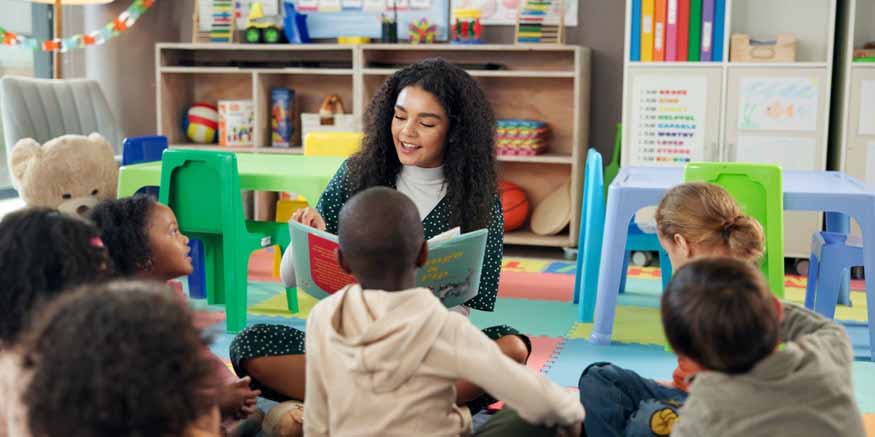
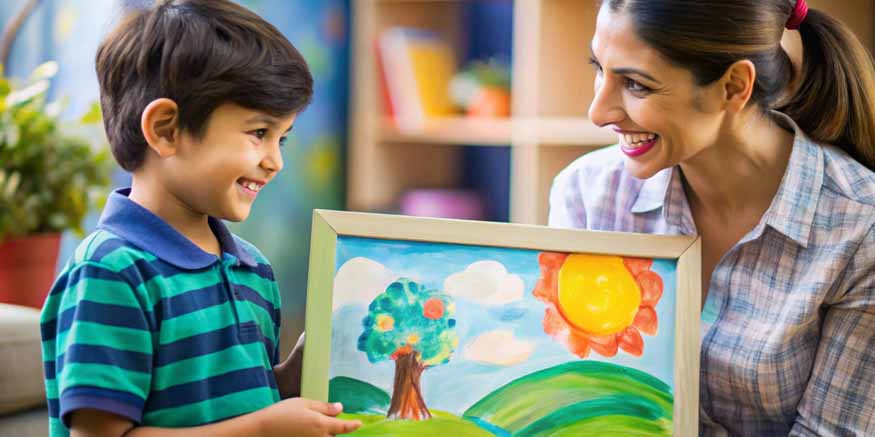
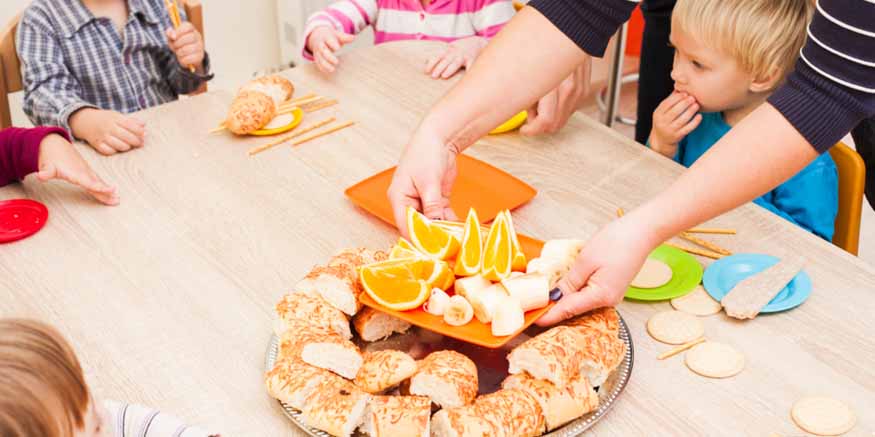
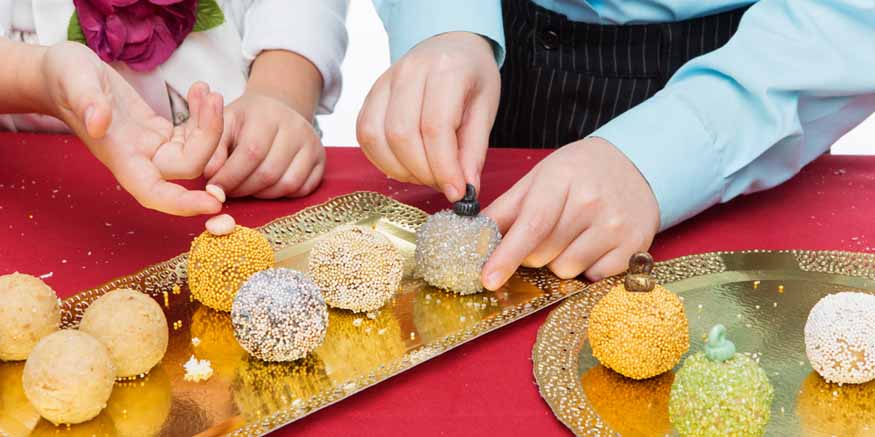
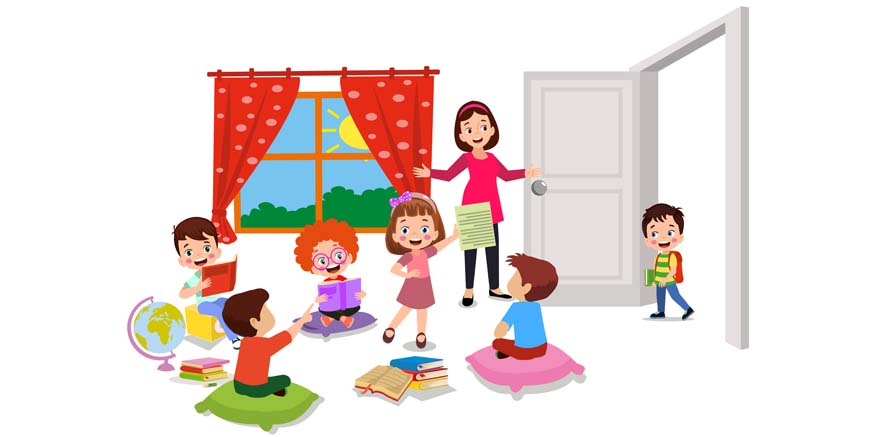
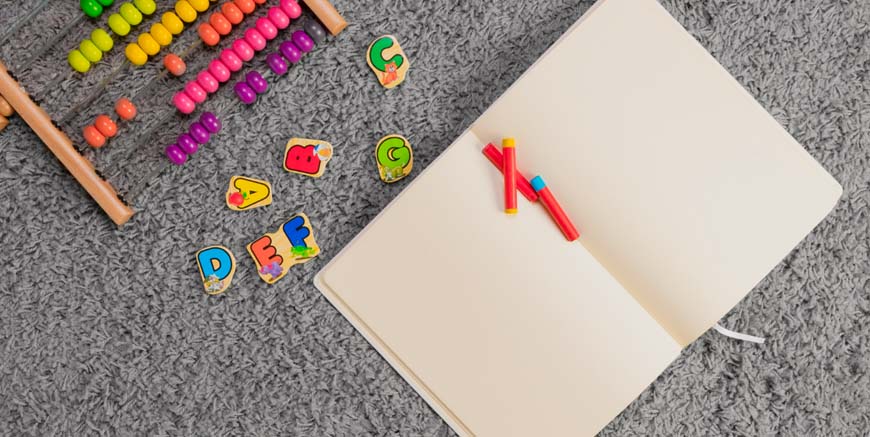
Recent Comments